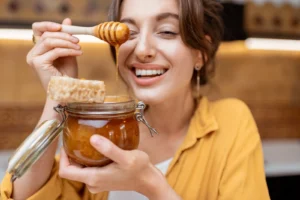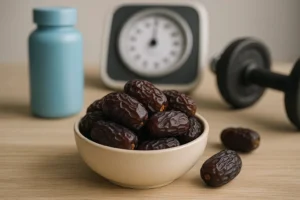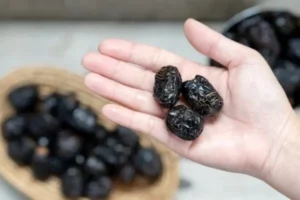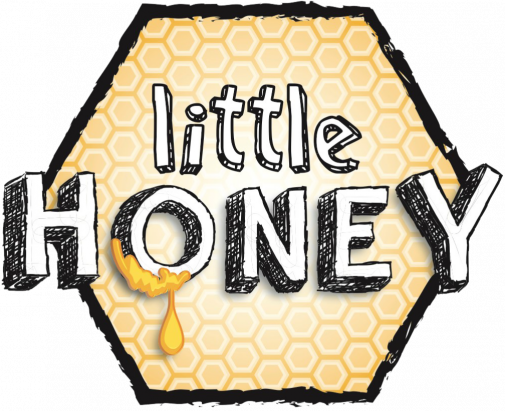
Sidr Honey Straws Specialist Singapore
Yemen Honey Farmers: How Buying Honey Uplifts Their Lives
Yemen honey farmers do more than collect honey. They depend on bees and Sidr trees for their living. Each jar of honey they sell feeds their families. It also keeps old traditions alive. The Sidr, or Lote tree, is sacred and rare. Protecting it means protecting Yemen’s heritage. When you choose this honey, you give farmers hope and strength. You also help preserve nature for the future. Sweet taste for you, better life for them.
The Sweet Story of Yemen’s Honey
Yemen is one of the oldest places in the world where people have kept bees. For centuries, farmers there have produced honey that is not only food, but also medicine, a gift, and a symbol of pride. Yemen’s Sidr honey, also known as Lote tree honey, is famous around the world for its rich taste and healing powers.
- People in many countries call it “liquid gold.”
- In Yemen, honey is given as gifts at weddings and special celebrations.
- Many families rely on honey as their main source of income.
Who Are Yemen Honey Farmers?
Yemen honey farmers are men and women who live in valleys, mountains, and villages. They keep wooden boxes or clay pots where bees make honey. Most of these farmers follow old methods taught by their fathers and grandfathers.
- They move their bees from one place to another depending on when flowers bloom.
- Families work together: children help clean hives, women help with filtering and packing.
- Honey is not just business for them; it is a way of life.
Example: In Hadramawt, a valley in Yemen, farmers walk long distances to place their hives near Sidr trees. When the trees bloom, bees gather nectar and produce the golden honey that is so valuable.
The Role of Sidr (Lote) Trees in Honey Production
The Sidr or Lote tree is very important in Yemen. It grows deep roots that reach water underground, so it can survive even when there is little rain. Its flowers are small but full of nectar. Bees love these flowers.
Why the Sidr tree matters:
- It makes honey that has a strong taste and a rich smell.
- People believe Sidr honey can help heal wounds, fight infections, and give energy.
- The tree itself is part of Yemen’s history and culture.
Example: In Daw’an Valley, Sidr trees line the hillsides. Farmers wait for the exact season when the flowers open, because that is when the best honey is made.
How Buying Yemeni Honey Supports Farmers
Every jar of Yemeni honey you buy is more than food. It is support for families who depend on bees for survival.
- Income for families: Farmers use the money to buy food, clothes, and school supplies for their children.
- Education: Parents can send their kids to school instead of keeping them at home to work.
- Better tools: Farmers can buy modern hives, protective suits, and storage boxes.
- Community growth: Villages grow stronger when farmers earn a fair income.
Example: A small farmer in Shabwah once sold his honey for very low prices. After connecting with buyers abroad, his income tripled, and he was able to repair his home and send his daughter to college.
Farms in Yemen: A Blend of Tradition and Nature
Yemen farms are not like large modern farms with machines. They are small, simple, and close to nature. Farmers use old wooden hives, clay pots, or even tree trunks for bees.
- They avoid chemical sprays because chemicals can kill bees.
- They let the bees work naturally.
- Honey is often collected by hand, using smoke to calm the bees.
This traditional way of farming keeps the honey pure. That is why Yemen honey is trusted worldwide.
Challenges Yemen Honey Farmers Face
Life is not easy for Yemen honey farmers. They face many problems:
- Conflict and war: Travel is dangerous. Farmers cannot always move hives freely.
- Climate change: Less rain means fewer flowers, so bees make less honey.
- Pesticides: Chemicals used on other crops can harm bees and reduce honey quality.
- High costs: Modern tools and safe transport are expensive.
Example: A farmer in Al-Mahwit lost more than half of his bees in one season because of drought. He could not afford to replace them quickly.
Why Consumers Matter: The Power of Your Purchase
When you buy Yemeni honey, you are not only enjoying a sweet flavor. You are helping farmers live better lives.
- Ethical impact: Your money goes to farmers instead of middlemen.
- Environmental impact: Demand for Sidr honey means Sidr trees are protected.
- Social impact: Stronger families and safer communities.
Example: In Singapore, rising interest in fair-trade honey has already given Yemeni farmers hope. Every new buyer adds to their strength.
How to Identify Authentic Yemeni Honey
Because Yemeni honey is valuable, some sellers mix it with sugar or other honey. Here are tips to find real Sidr honey:
- Look for labels that say Hadramawt, Daw’an, or Shabwah.
- Check if it is raw and unheated.
- Taste: real Sidr honey is thick, golden, and has a strong aroma.
Global Recognition of Yemeni Honey
Yemeni honey is known around the world:
- It is one of the most expensive honeys because of its purity.
- Doctors and herbalists recommend it for health.
- It has won awards in international food fairs.
Example: At a food expo in Dubai, Sidr honey was praised for its rich flavor and high natural quality.
A Note of Caution for Buyers
Not all honey sold as Yemeni is real. Always buy from trusted sellers.
Disclaimer: This article is for general information only. Always check authenticity before purchase. Ask for certifications or buy from verified suppliers like Sidr Honey.
Conclusion
Yemen honey farmers are not just making a product. They are keeping an old tradition alive, protecting nature, and supporting their families. By buying Yemeni honey, you become part of this story. You give hope to farmers, protect Sidr trees, and taste one of the purest honeys in the world.
Every spoonful is not only sweet. It is a symbol of strength, culture, and care. So next time you buy honey, remember: you are making lives better.
For more details or to support this journey, feel free to contact us. We are always ready to guide you to real, authentic Sidr honey. Choose wisely, buy ethically, and enjoy the sweetness of Yemen’s golden treasure.
Frequently Asked Questions
- What makes Yemen honey so special?
Yemen honey, especially Sidr (Lote tree) honey, is known for its purity, strong aroma, and healing properties. Mentioned in the Holy book Quran, as well as its genus Ziziphus Spina Christi, is mentioned in the Scriptures and Holy books. Hence, this honey is much revered. The honey is harvested traditionally by farmers in Yemen’s mountains and valleys, without chemicals or modern machinery. - How does buying Yemen honey help local farmers?
When you buy honey from Yemen honey farmers, you directly support their families and communities. Every purchase helps farmers maintain their Sidr farms, care for their bees, and preserve their cultural traditions. - What is Sidr honey, and why is it famous?
Sidr honey comes from the nectar of the Sidr or Lote tree, which grows naturally in Yemen. This tree is sacred in Islamic history and produces honey with powerful medicinal benefits. People value it for boosting immunity, healing wounds, and promoting overall wellness. - Can Yemen honey be delivered to Singapore?
Yes, many trusted suppliers, including Little Honey straws, deliver pure Yemen honey worldwide, including to Singapore. To learn more or place an order, you can easily contact us through our website. - Is Yemen honey ethically sourced?
Yes, authentic Yemen honey is harvested by small-scale farmers using natural methods. Buying it ensures fair trade, ethical sourcing, and support for rural communities in Yemen.
Share this post :
Categories
Latest Post


Ajwa Dates for Diabetic Patients: Safe or Not?

Ajwa Dates in Ramadan: Health Benefits & Uses





